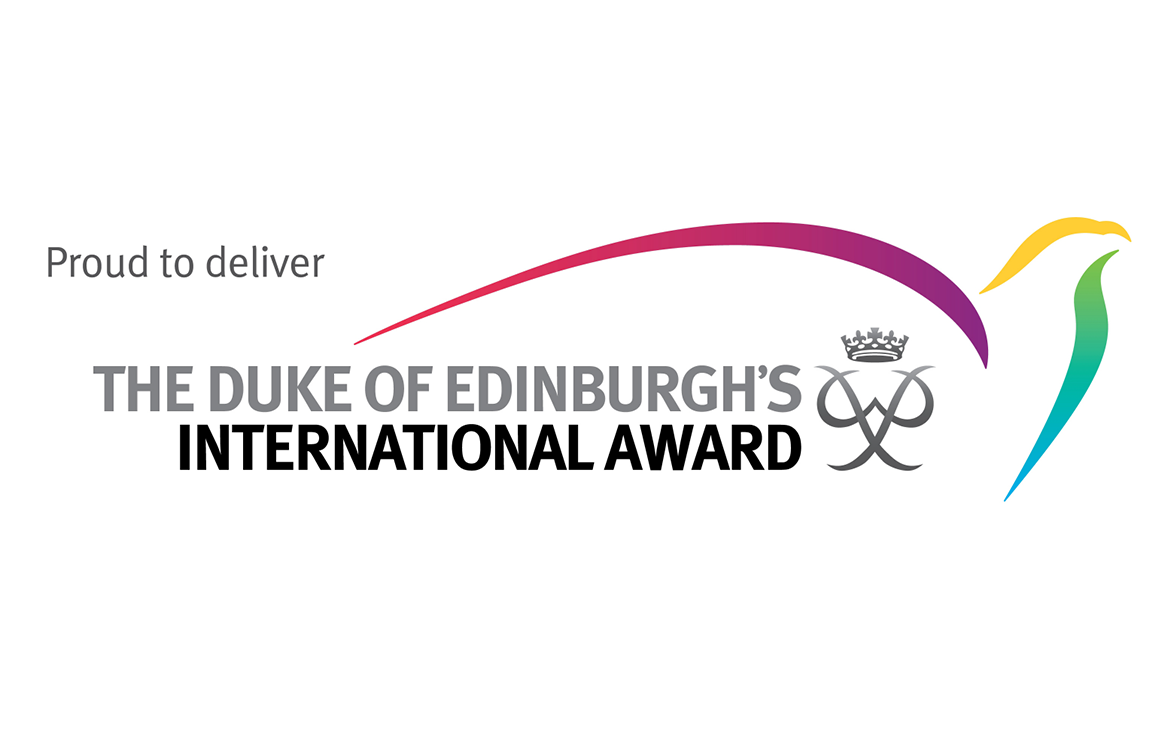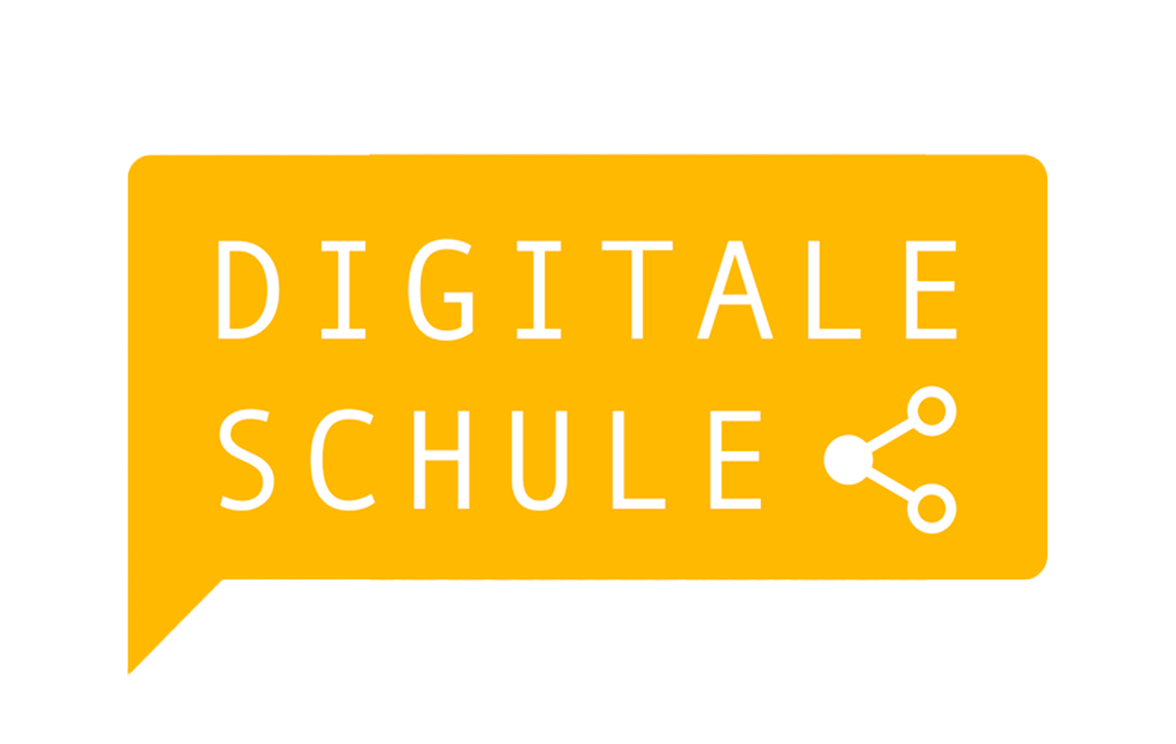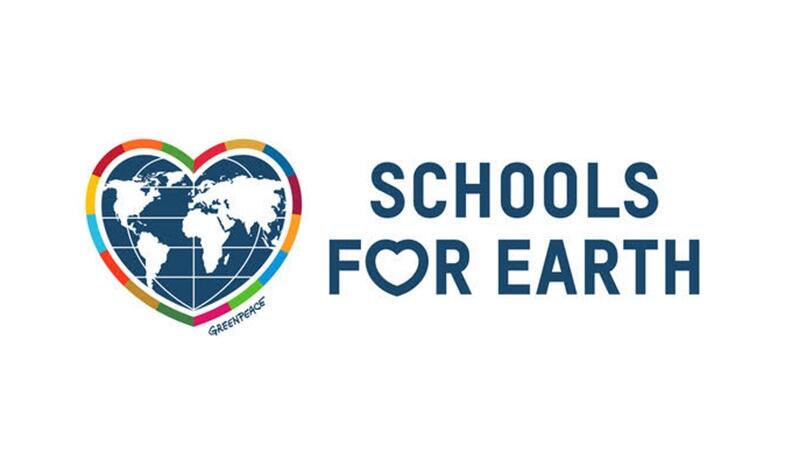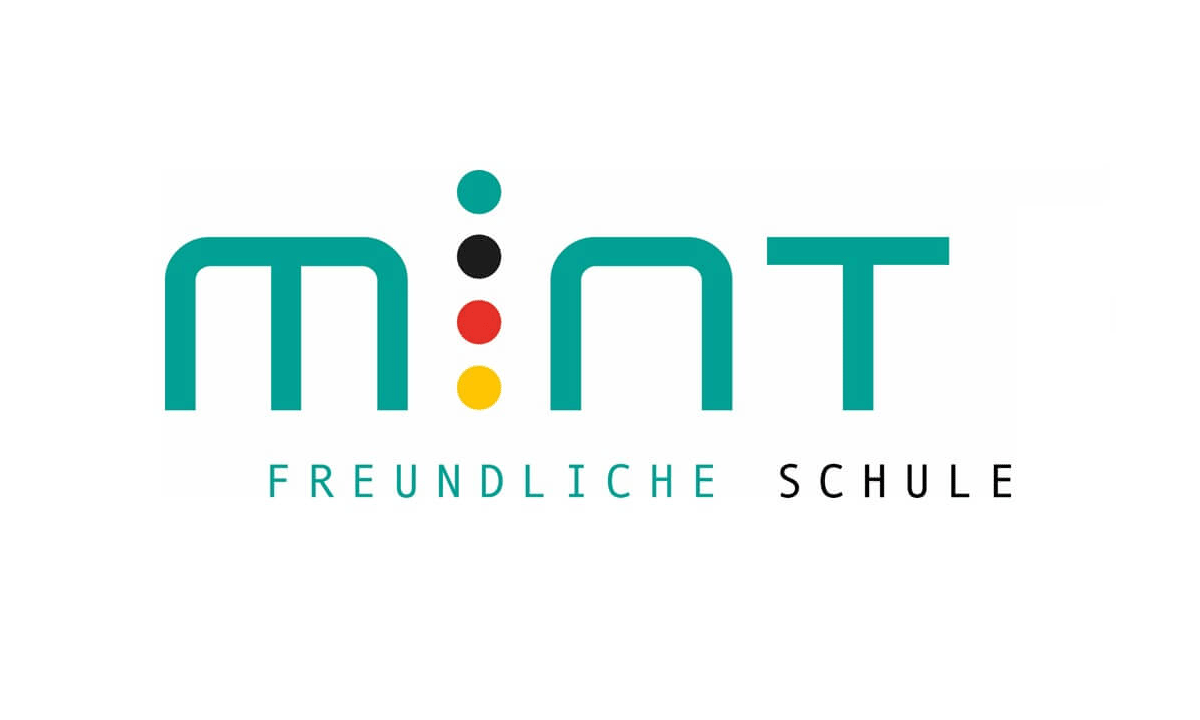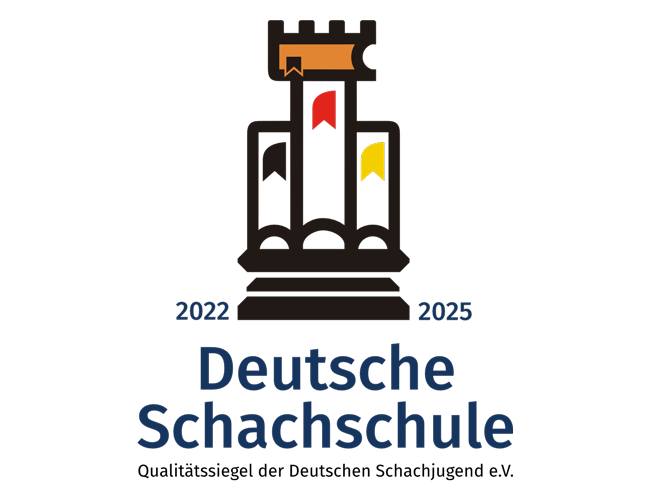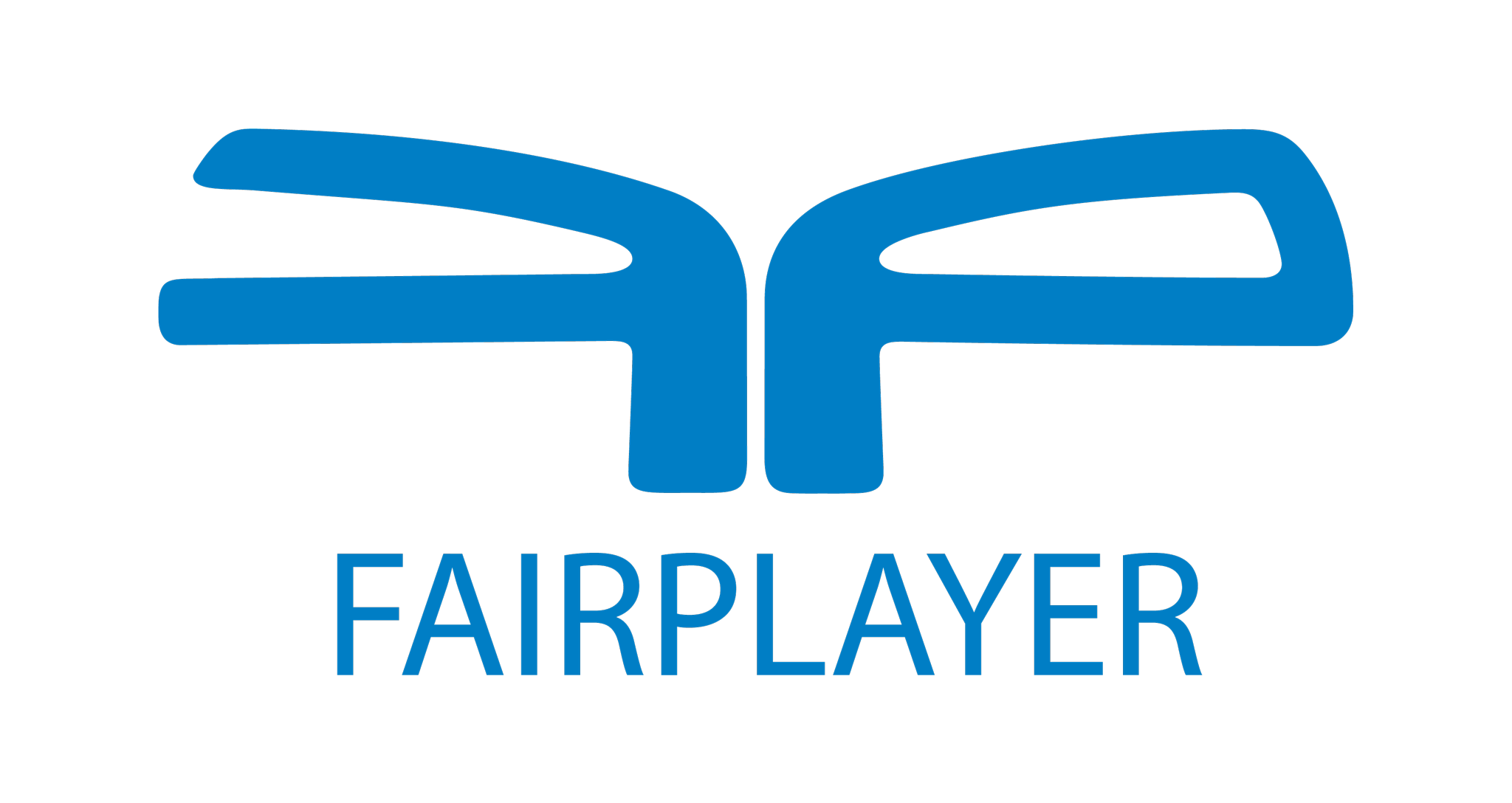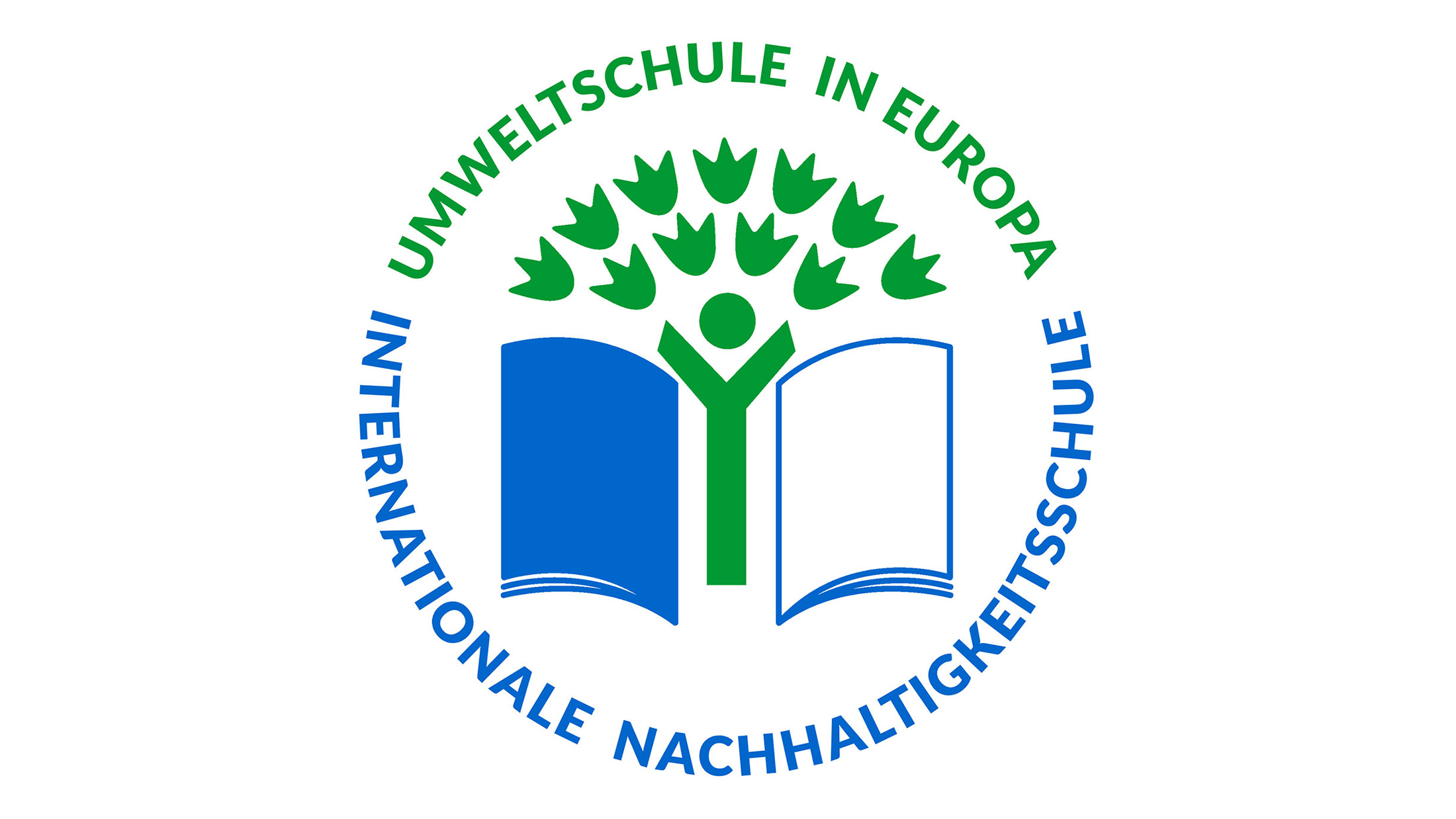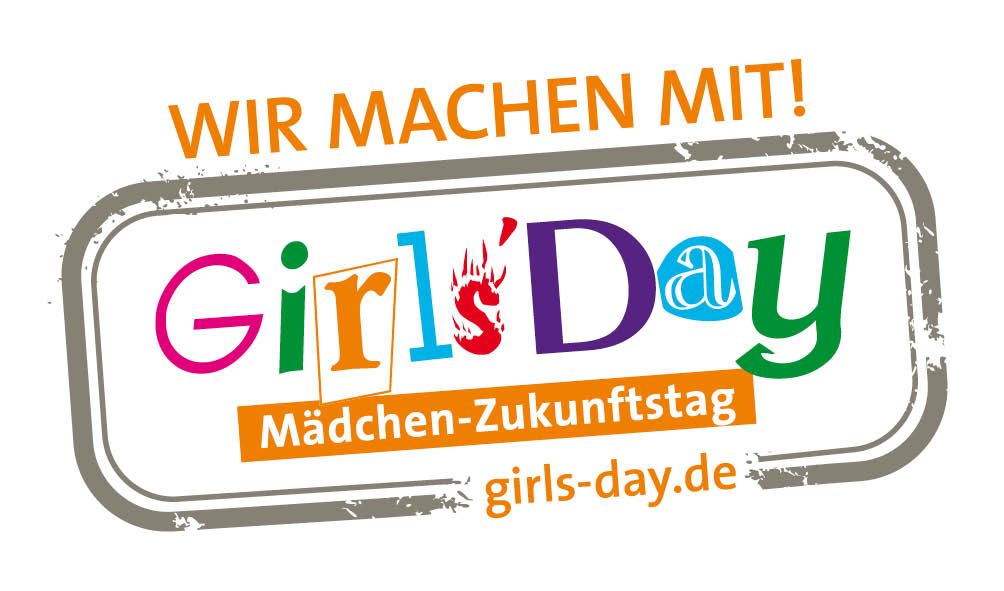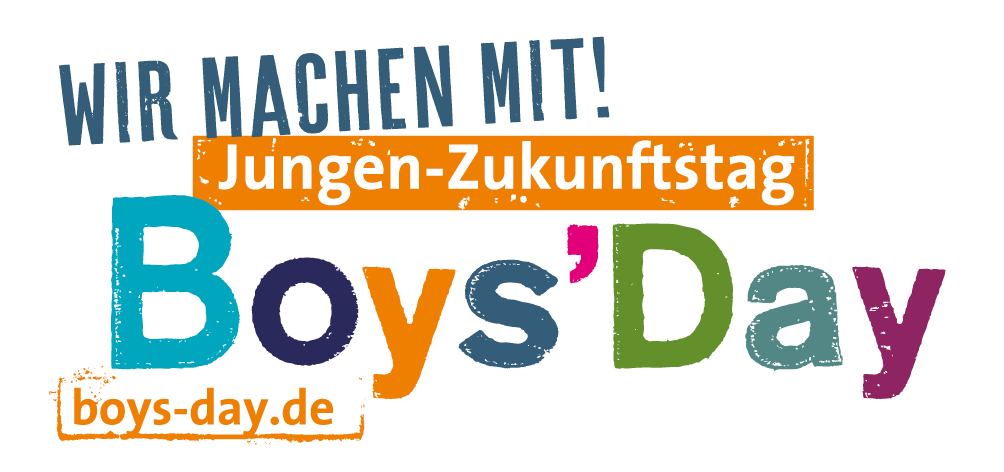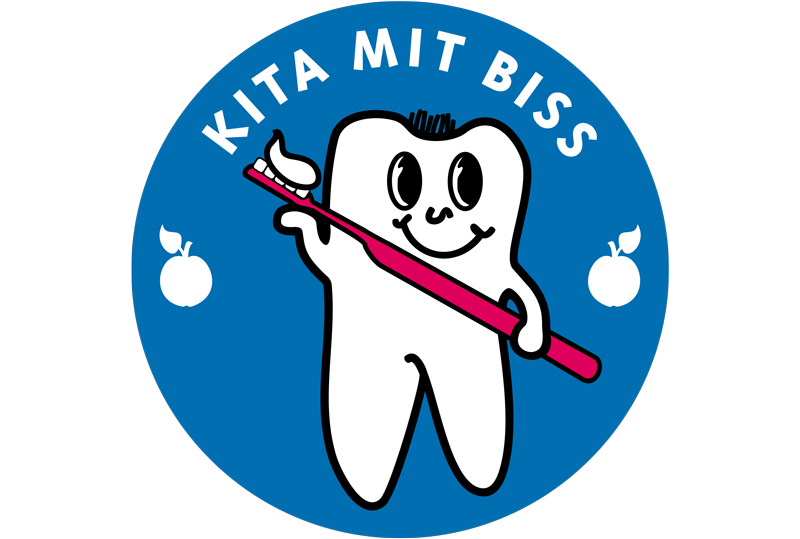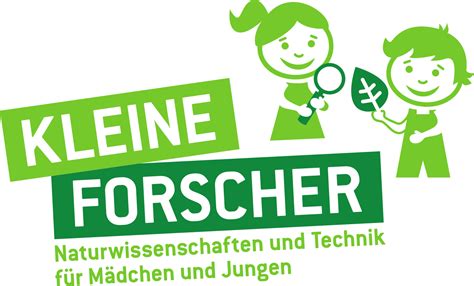Bilinguality
At our bilingual school, we consider the German and English languages to be of equal value. We work with immersion as a teaching method for language acquisition. In the course of their school years, our students learn to master both languages very well. This means that they are not only able to express themselves colloquially in both languages, but are also able to read and understand textbooks and technical texts, to argue convincingly in discussions and lectures, and to write structured and linguistically correct texts.
In the school’s internal curriculum, the framework curriculum requirements and the academic performance assessment for German have been transferred to English in all year levels. Our English and German lessons mainly take place in team teaching or support teaching with two teachers.
Our school-leaving certificate, the Bilingual Abitur with Cambridge Certificate, enables our students to study at any German and/or English-speaking international university in the world.
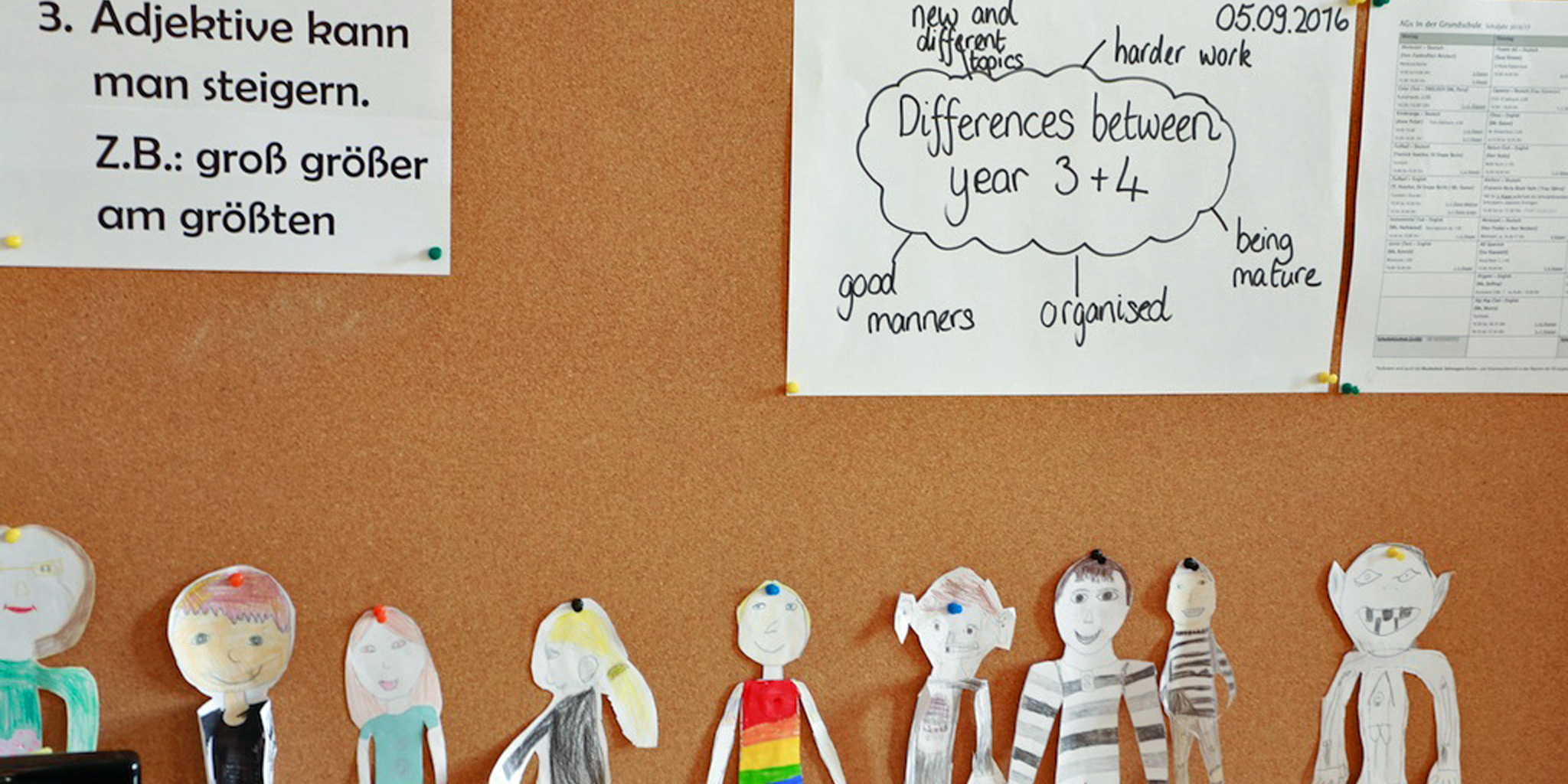
Questions and Answers about Bilinguality
Immersion is currently the most successful method of language acquisition in the world.
Immersion means immersing yourself in a foreign language. This new language is the colloquial language and the working language, which our students naturally surround in their everyday school life, even if they do not yet know this new language at the beginning. It is almost as if they were on holiday in a foreign-language country or going to school. The children themselves discover the new language from the context in which they use it. Their language competence develops, starting with understanding, through speaking individual words, two and three word sentences, entire sentences, to reading and writing. In this way, all children learn their mother tongue.
Our teachers and Erzieher*innen are native German or English speakers or they teach the language by speaking in their so-called working language at mother-tongue level. In their communication with the students, they always remain in their mother tongue or working language and do not translate. This principle is called “one teacher = one language”. It applies to all our employees – starting with the “Good Morning” in the secretary’s office, through the specialist lessons and Ganztag, to “Please” and “Thank You” when the children receive their lunch. Every single person in our school is a language role model.
Immersion of course works in German and English as well as in any other language.
The language is not made a topic in immersion, grammar or “learning vocabulary” are not in the foreground. The most important thing is the experience of the respective activity – whether in class or playing football, singing and dancing, even while checking the homework books. Thus the new language is casually promoted and instinctively learned.
Erzieher*innen and teachers support everything they say to the children through clear pronunciation, auditions, facial expressions, gestures and pictures in patient repetition and integrated into multi-layered playful and action-oriented periods of time. The foreign language is learnt naturally, so immersion does not overwhelm.
Immersion requires not only continuity, but also time. In our all-day school with co-curricular enrichment program, Team-Teaching or Support-Teaching during regular school hours, working groups as well as early and late care, the children have the opportunity to immerse themselves in the new language throughout the day.
The subject lessons are taught in German and English in roughly equal proportions over the primary school years an over the secondary education. The proportion may vary in the individual school years. In the upper secondary level, the proportion of German/English depends on the choice of courses.
The language in which a subject is taught depends on the mother tongue or working language of the respective pedagogue.
In order to support language acquisition outside the classroom as well, we create a variety of language events in both languages in everyday school life, breaks, meals, all-day periods, clubs, early and late care, the holiday program, on project days, excursions, class trips and the Work & Travel program.
In class, we meet individual needs in German and English through differentiation and Team-Teaching or Support-Teaching integrative in class, both in the language and in the other subjects. If required, we also offer DaZ (German as a second language) for English-speaking students and EAL (English as an Additional Language) for German-speaking students as well as German/English/maths as additional remedial lessons.
Most students speak German as their mother tongue. About 30% of are English native speakers. A lot come from a bilingual (German/English) or even multilingual background (German and/or English and one or more other languages). Our teaching staff are prepared for this heterogeneous composition of classes. Further interesting information on the heterogeneity of our school community can be found in our info brochure “Facts & Figures” in the download section.
The most important admission criterion at our school is that all students and their families can speak either German OR English at a native level. This applies to all Years.
In Years 5 and 6, at least some prior knowledge of the other language is desirable and increases the chance of admission.
From Year 7 onwards, it is necessary for English-speaking students to be able to speak German at least at B1 level in order to be able to successfully complete the Mittlerer Schulabschluss (intermediate school leaving certificate) in Year 10. This takes place in German. German-speaking students should at least have studied English at school and have prior knowledge and good grades in English corresponding to their Year.
Exceptions to the above-mentioned requirements are only made for very high-achieving, highly motivated students with very good reports and good work and social behaviour.
If you have any questions, please contact our admission team, Ms Ameti or Ms Prüske-Strutz.
If we have free places available, very good and motivated German- or English-speaking children are welcome at every class level. The prerequisite for admission is that their academic performance level as well as their work and social behaviour promise that they can make up for the gap in the other language.
English and German lessons always take place in Team-Teaching or Support-Teaching with two teachers and subject lessons are also often taught in Team-Teaching or Support-Teaching. In the course of the entire school day – also during the Ganztag and afternoon activities – the transfer students have many opportunities to hear and speak German or English. If there is a special need for support, they can either take part in our individual support in “German as a Second Language” (DaZ) or “English as an Additional Language” (EAL). In addition, for all children who come to us later, intrinsic motivation and joy in the other language as well as patience and above all perseverance in the active practice and use of the new language enable quick experiences of success. It is advisable to hear, speak, read and write as much as possible in the new language – in everyday life and at school.
The Abitur is the highest school-leaving qualification in Germany and qualifies students to start university (comparable to the high school or grammar school diploma). In the course selection during the Gymnasiale Oberstufe, the advanced English course will be compulsory for all students and another examination subject – depending on the student’s course choice – will be taken in English. The other two of 5 examination subjects will be examined in German. The presentation examination as the 5th exam might be in German or English. Together with the Cambridge Certificate, our students shall have the opportunity to study at any international university worldwide – as long as the language of study is German or English.
